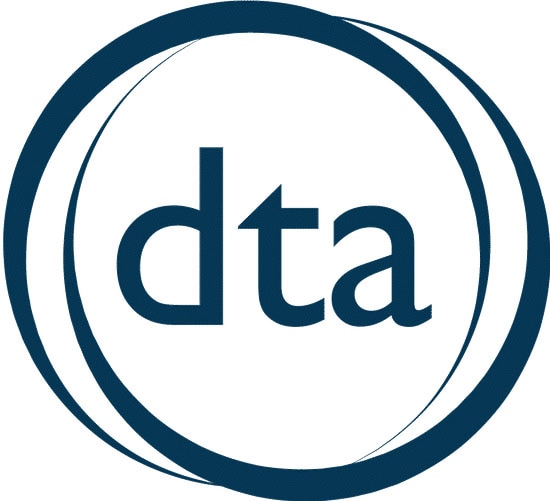- Department of Transitional Assistance
Media Contact
Brooke Leahy
Boston — The Healey-Driscoll Administration today announced that the Healthy Incentives Program (HIP) will restore its tiered benefit structure effective September 1, 2025, providing more support for larger households to access nutritious food while strengthening Massachusetts’ local agricultural economy. HIP helps low-income SNAP households get more fruits and vegetables at participating local farms by adding state funds to eligible EBT card purchases, up to a monthly limit.
Beginning September 1 the new HIP benefit caps will be:
- Households of 1–2 people will continue to receive $40/month
- Households of 3–5 people will receive $60/month
- Households of 6 or more will receive $80/month
Earlier this year, funding constraints required a temporary reduction regardless of household size. The return to the tiered structure is possible following the passage of $7.5 million in funding passed by the Legislature and signed into law by Governor Healey. More than half of HIP users are over 60 years old, one-third identify as having a disability, and one-quarter of participating households include children.
“Investing in nutrition is one of the smartest public health strategies we have. Programs like HIP that increase access to fresh, healthy foods lead to better health outcomes and lower health care costs for Massachusetts families,” said Secretary of Health and Human Services Kiame Mahaniah. “HIP provides nutritious local produce that can be a key factor in improving social determinants of health. When we invest in nutrition programs that connect families with locally grown fruits and vegetables, we're not just addressing hunger, we're preventing chronic disease and promoting long-term wellness.”
“Everyone deserves access to healthy food. Since 2017, this program has helped families purchase over $85 million in fresh, local produce from more than 250 farmers across Massachusetts,” said DTA Commissioner Jeff McCue. “During the pandemic, we expanded HIP to increase healthy food access points in communities with the greatest need, and that intentional growth helped address longstanding gaps in food access. I’m proud that Massachusetts is stepping up to support families and farmers, and we’ll continue to partner with Legislative leaders, MDAR, the Legislature, farmers, and hunger advocates to make food equity a reality.”
HIP is a state funded nutrition incentive program administered by the Department of Transitional Assistance and the Department of Agricultural Resources. While the federal government is cutting nutrition programs, Massachusetts remains committed to food security. The program operates year-round to provide predictability for vendors, the majority of whom are small local farmers who plan their growing seasons based on anticipated program participation.
“The timing of this funding is vital for our farmers and communities," said Department of Agricultural Resources Commissioner Ashley Randle. “HIP has been a game changer, helping to bridge the gap between Massachusetts families and local farmers. By creating this tiered structure, we’re making it easier for families to access fresh, nutritious food while ensuring that our farmers have a strong market for their produce. This initiative will not only increase food security but also strengthen our local agricultural economy.”
The Healey Driscoll Administration has prioritized increasing access to affordable, healthy food. The state operates a network of food security programs across several agencies and secretariats, the largest of which is SNAP, followed by WIC, and supporting food banks. Last month, Governor Healey created the Statewide Task Force to Prevent Hunger a public-private partnership that will bring together leaders from across the state, as well as those who are directly impacted by federal cuts to produce recommendations for how Massachusetts can mitigate against cuts to SNAP and other food assistance programs and adopt long-term solutions to hunger. Governor Healey and the Legislature have also made school breakfast and lunch free for all public school students.
###
